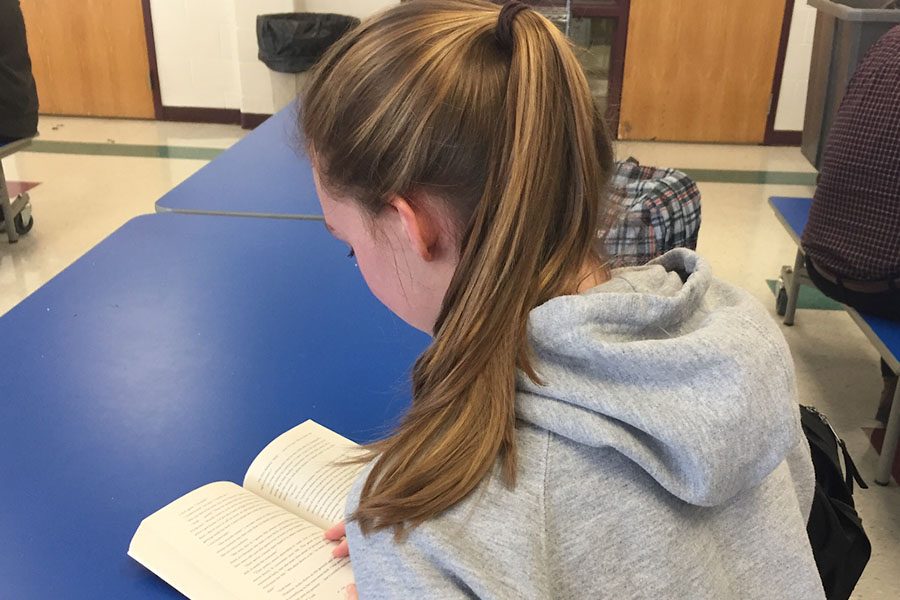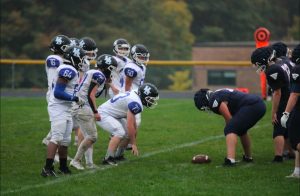Is studying worth it?
Students at HBHS try to find time in their schedules to study, do homework, extracurricular activities, as well as perform basic necessities. Finding ways to study efficiently is very helpful. “I think studying is super important… You want to learn the material to help secure the information. It is not about memorizing, it is about learning,” said Milette.
March 21, 2018
Many students at HBHS debate whether studying is worth it, to decide if they should take time out of their busy schedules to prepare for assessments. Unfortunately, the answer to this question is harder than it seems. Students at HB play sports, participate in clubs, enroll in difficult classes, and also receive a ton of homework. So is studying worth it along with trying to keep a healthy balance?
Students sometimes have a hard time deciding when to study. Some decide to stay up late, because it is the only time they have time, although, this is not always the best method. “Nine and a quarter hours of sleep is what [teenagers] need to be optimally alert,” said Dr. Mary Carskadon, Director of Chronobiology and Sleep Research at Bradley Hospital. According to a study by The Journal of Adolescent Health, a newspaper for teenage health information, on the average school night, only about 8% of American high school students get the necessary amount of sleep. About 23% get six hours of sleep, and 10% sleep for only five hours. These scary percentages lead to numerous sleeping disorders amongst the teenage population. However, these problems can be thwarted.
It is important that students understand that they do not need much time to study, as long as they study efficiently. On the way to class, students can glance at their notes or read them on the bus. As long as students stay focused long enough to absorb the information, any amount of time studying will beneficial.
To stay focused, students should “study in increments. For the future, plan a regiment. Take breaks, small breaks,” said Victoria Milette, an English teacher at Hollis-Brookline High School.
Students at HB are all different. For example, “I stay focused by listening to music and taking breaks every thirty minutes,” said Lily Marie Jackson ‘20. Other students use Quizlet or watch Khan Academy videos.
Many students do not have time for basic necessities (i.e. sleeping and eating), but instead, spend time studying. It is imperative for students to understand that in order to maintain a healthy lifestyle, they must follow the Health Triangle. “The Health Triangle represents our…person[al] wellness; physical, mental, and social. It needs to be balanced… One affects the other. They are all interconnected: one entity,” said Maria St. Pierre, Hollis Brookline’s Wellness teacher.
St. Pierre also explained that if students do not balance the three parts of the triangle, they can have prolonged effects such as diseases and disabilities. “I think because teens are healthy, they take for granted being physical. They do not get enough rest [and] exercise. Kids can recuperate… It is hard to teach kids to understand; it does matter even if you’re not feeling it now,” said St. Pierre.
Although school life can be busy, it is important to balance all activities. “I think students need to look at their lives and think; do not spread themselves out too thin. Say no to yourself if you cannot take any more,” St. Pierre said. Students must keep in mind that sometimes they can not overload themselves with work. They must know when to say no. If students can learn this, then planning to succeed is easier.
One way for students to study efficiently is to find a studying technique that works for them. “[Studying] is definitely different for everyone; for me, doodles in the margin. Others, flashcards,” said Milette.
Once students discover a method that works for them, a small amount of time per day to study will be helpful, and worth it.












